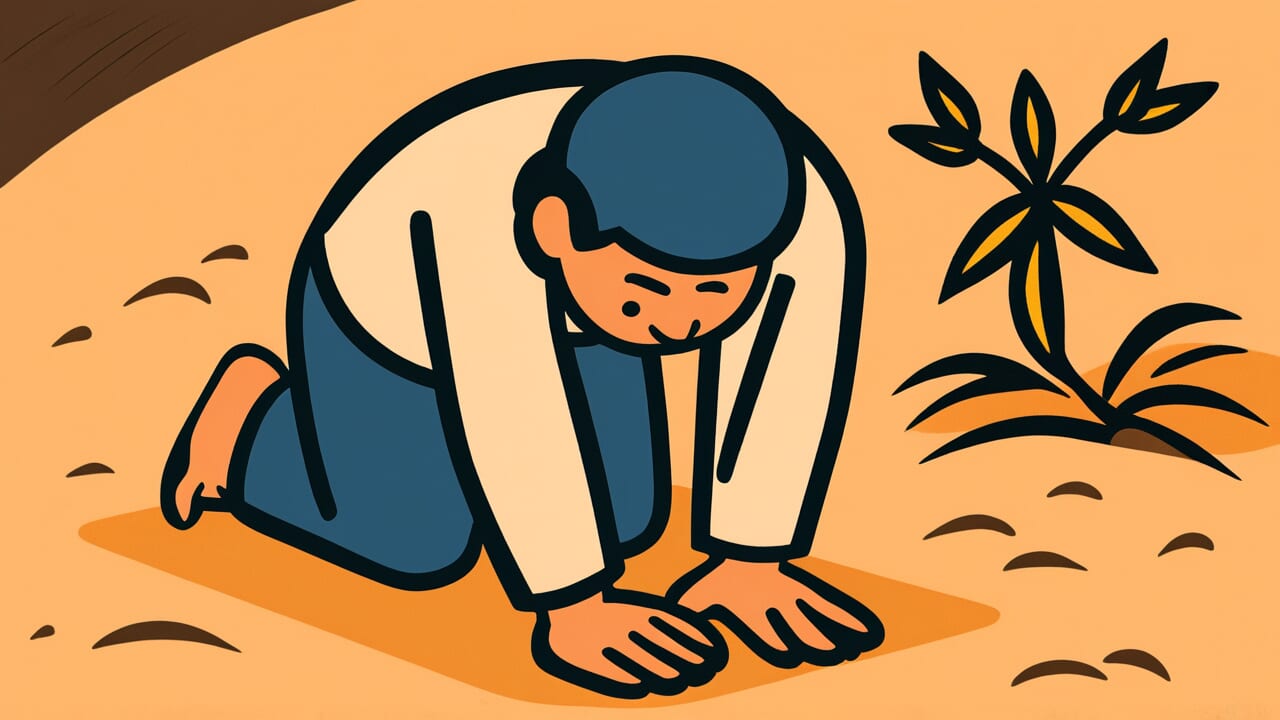Cultural Context
This Tamil proverb uses the thorn as a powerful symbol in Indian thought. Thorns represent both danger and survival in harsh environments.
The imagery reflects India’s agricultural heritage where observing nature taught life lessons.
In Tamil culture, flexibility is deeply valued over rigid confrontation. This wisdom connects to broader Indian philosophies emphasizing adaptability and humility.
The concept appears across regional traditions, from village sayings to classical texts.
Elders often share this proverb when teaching younger generations about conflict resolution. It reminds people that survival sometimes requires bending, not breaking.
The natural metaphor makes the lesson memorable and universally understood across communities.
Meaning of “The thorn that bends will survive”
The proverb teaches that flexibility ensures survival in difficult circumstances. A thorn that bends under pressure remains intact and functional. One that stays rigid will snap and perish completely.
This applies when facing workplace conflicts where compromise preserves relationships and careers. A manager who adapts to new policies keeps their position secure.
Students who adjust study methods to different subjects perform better overall. In family disputes, those willing to bend maintain harmony and connection.
The wisdom suggests that temporary flexibility often leads to long-term strength.
However, bending does not mean abandoning core values or accepting abuse. The proverb addresses situations where adaptation is strategic, not defeat.
It recognizes that some battles are worth avoiding to win larger wars. Knowing when to bend requires wisdom and self-awareness about priorities.
Origin and Etymology
It is believed this proverb emerged from agricultural communities observing plant survival. Tamil regions experience monsoons, droughts, and harsh winds that test vegetation.
Farmers noticed flexible plants survived while rigid ones broke under stress.
Tamil oral tradition preserved such nature-based wisdom through generations of storytelling. Elders shared observations during farming activities, family gatherings, and community events.
The proverb likely evolved through countless retellings, each adding cultural nuance. It reflects broader Indian philosophical concepts about ego, pride, and practical wisdom.
The saying endures because its truth remains visible in everyday life. People still witness flexible materials outlasting rigid ones in nature and society.
The simple metaphor transcends language barriers and educational levels. Its brevity makes it easy to remember and share across generations.
Usage Examples
- Manager to Employee: “You’re resisting every policy change, but you need to adapt – The thorn that bends will survive.”
- Coach to Athlete: “Stop fighting the new training method and learn to adjust – The thorn that bends will survive.”
Lessons for Today
This wisdom addresses a modern challenge: balancing principles with practical survival. In fast-changing workplaces and societies, rigid thinking often leads to obsolescence.
Those who adapt to new technologies and methods remain relevant and employed.
When facing organizational changes, employees who embrace new systems often advance faster. In relationships, partners who adjust expectations during difficult periods maintain stronger bonds.
The key is distinguishing strategic flexibility from compromising essential values or self-respect.
Applying this wisdom means assessing each situation individually and honestly. Sometimes bending preserves what matters most for future opportunities.
Other times, standing firm protects non-negotiable boundaries and principles. The proverb encourages thoughtful response over automatic resistance to change.



Comments